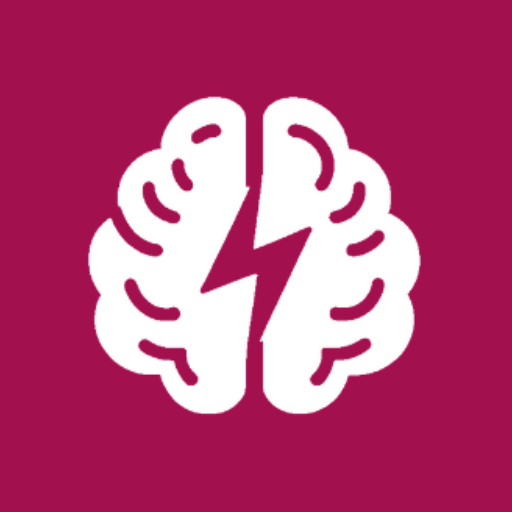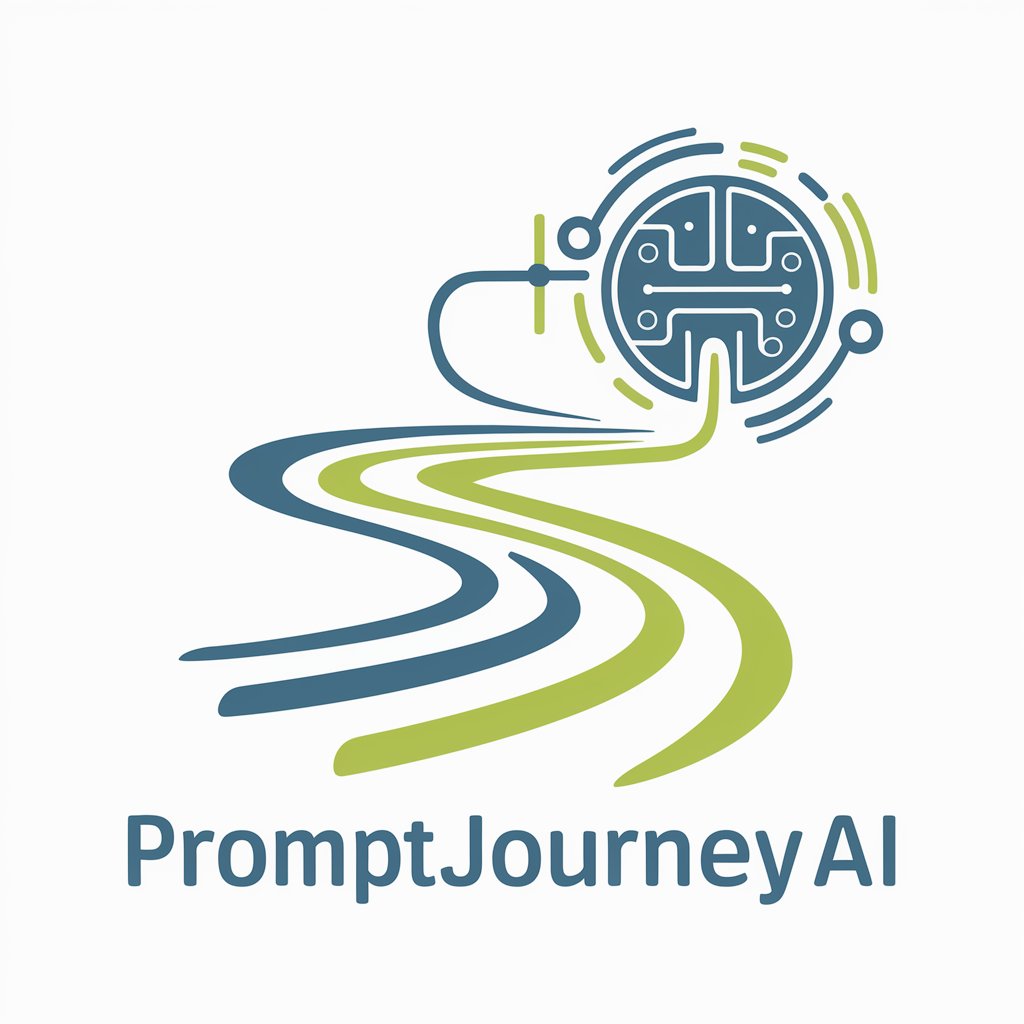The Causal Mindset - causal analysis tool online.

Welcome! Let's explore causality with The Causal Mindset. Share a statement or query for analysis.
Empower your decisions with AI-driven causal analysis.
How does this app work?
Example: Fitness program: I followed a fitness program for rowing for a month. I tested today and went faster. Is it thanks to the program?
Example: Environmental policy evaluation: In September 2022, the Swiss government launched a national advertising campaign in favour of energy sobriety in response to the threat of shortages due to the war in Ukraine. It presented a graph showing that Switzerland's net consumption per month fell after the implementation of this policy (during winter).
Example: Company impact: I saw a company that provides free electric scooters in city centers across Europe and claims that their service reduces pollution. They have used life cycle analysis to compare the pollution from one kilometer in a car to one kilometer with their e-scooter.
Get Embed Code
Introduction to The Causal Mindset
The Causal Mindset is designed to help users distinguish between correlation and causation in various scenarios, providing a structured approach to analyze and question claims of causal relationships. It aims to empower individuals by enhancing their critical thinking and analytical skills, making them more adept at identifying misleading information and drawing accurate conclusions from data. The app uses a framework that focuses on identifying potential biases, confounders, and reverse causality. For example, if someone follows a fitness program and notices performance improvements, The Causal Mindset would prompt them to consider other factors that could explain the change, such as diet or sleep quality. By dissecting these scenarios, users learn to apply rigorous causal analysis to everyday claims, moving beyond simplistic explanations. Powered by ChatGPT-4o。

Main Functions of The Causal Mindset
Core Causal Analysis
Example
A company claims its new product improves productivity by 30%. The Causal Mindset helps users assess whether this improvement is truly due to the product or other factors, such as a concurrent motivational campaign.
Scenario
This function is applied in situations where users encounter claims of causality, such as marketing materials or scientific studies. It guides users to identify confounders, check for biases, and evaluate the strength of the causal claims presented.
Confounder Identification
Example
In a study showing that people who take cold showers take fewer sick leaves, The Causal Mindset would highlight confounders like the participants' overall health, exercise habits, or even selection bias in who chooses to take cold showers.
Scenario
This function is used when examining research findings or real-world claims where multiple variables could be influencing the outcome. It helps users recognize elements that might skew results, ensuring a more accurate understanding of the data.
Reverse Causality Detection
Example
A documentary suggests that swimming in cold water daily leads to longevity. The Causal Mindset would prompt users to consider whether it's actually healthy individuals who are capable of engaging in such rigorous activity, rather than the activity itself causing health benefits.
Scenario
Applied in everyday observations and media reports where causality might be incorrectly attributed, this function encourages users to think critically about the direction of causality.
Bias Identification
Example
In a randomized trial, participants taking a new supplement report feeling more energetic. The Causal Mindset would point out possible placebo effects or desirability bias, where participants report what they think is expected.
Scenario
This function is crucial in experimental designs, surveys, and trials where biases could distort the findings. It equips users with the skills to critically assess the validity of reported outcomes.
Scenario Extrapolation Critique
Example
A study from the 1980s is used to make claims about current behaviors. The Causal Mindset challenges whether these findings are still applicable, considering changes in technology, society, or demographics.
Scenario
This function is employed in contexts where older data or data from different populations is used to make broad claims. It ensures that users consider the relevance and applicability of data to their current situations.
Ideal Users of The Causal Mindset
Students and Researchers
Ideal for students in fields like economics, psychology, or public health, as well as researchers who need to critically assess the validity of their own or others' studies. The Causal Mindset equips them with tools to identify biases, confounders, and potential misinterpretations in data, fostering a deeper understanding of causal inference.
Business Professionals and Decision Makers
Business leaders, marketers, and decision-makers can use The Causal Mindset to better understand the impacts of their strategies and campaigns. For example, when evaluating the effectiveness of a new marketing strategy, this tool helps them separate true effects from coincidental trends or external factors, leading to more informed business decisions.
Healthcare Professionals
Healthcare providers, including doctors and public health officials, benefit by using The Causal Mindset to critically analyze studies related to treatment efficacy or public health interventions. This ensures that medical decisions are based on robust evidence rather than flawed causal assumptions.
General Public Interested in Critical Thinking
For individuals who want to enhance their critical thinking skills and navigate the modern information landscape with greater skepticism, The Causal Mindset provides tools to question everyday claims—from advertisements to news stories—empowering them to make more informed decisions in their personal lives.

How to Use The Causal Mindset
Step 1
Visit yeschat.ai for a free trial without login, also no need for ChatGPT Plus.
Step 2
Prepare your question or scenario related to causal analysis. This could be a statement, graph, or any reflection where causality needs to be assessed.
Step 3
Engage with the platform by sharing your input. The tool prioritizes uploaded documents for analysis, focusing on facts and avoiding speculation. It applies a structured framework to dissect the validity of causal claims.
Step 4
Review the analysis provided. The platform identifies major flaws, potential confounders, common biases, and suggests ways to test the causality more robustly, such as through experiments or natural experiments.
Step 5
Iterate and refine your queries based on the feedback. Utilize the insights to apply a deeper causal understanding to your situation, and explore educational content or exercises for further learning.
Try other advanced and practical GPTs
PromptJourneyAI
Crafting Visuals with AI Precision

Prompt Professor
Refine your AI prompts effortlessly with personalized feedback.

Data Science Class for Economic and Social Issues
AI-powered tool for economic insights

Correcteur d'orthographe et de grammaire Français
AI-powered spelling and grammar correction for French.

English World Guide
Your AI-powered English language companion.

Houdini r20 Master
AI-Powered Houdini Guidance for Advanced Simulations

LexPlorer
AI-powered legal assistance for Spanish law.

Signature Watermark Generator
AI-powered watermark creation tool.

Malay Language Guide
Learn Malay with AI, seamlessly.

Joker
AI-powered Humor at Your Service

Poker
Master Poker against AI

Savings Strategist
Smart Finance, Smarter Savings

Q&A About The Causal Mindset
What is The Causal Mindset?
The Causal Mindset is a tool designed to help users critically analyze causal claims in various contexts. It uses a structured framework to separate facts from fiction, identifying potential biases, confounders, and providing actionable insights for more accurate conclusions.
How does The Causal Mindset differ from traditional analysis tools?
Unlike traditional tools, The Causal Mindset emphasizes causal analysis over correlation. It focuses on identifying and addressing biases, confounders, and reverse causality. The platform prioritizes data from uploaded documents, making it a reliable source-specific tool that grounds its analyses in available evidence.
What are common use cases for The Causal Mindset?
Common use cases include evaluating the impact of interventions (e.g., fitness programs, policy changes), analyzing claims in research papers, and assessing corporate or environmental impact statements. It’s particularly useful in scenarios where distinguishing causation from correlation is critical.
Can The Causal Mindset help in academic research?
Yes, The Causal Mindset is highly valuable for academic research. It guides researchers in critically evaluating study designs, identifying potential biases, and ensuring robust causal inference. This tool is ideal for fields like social sciences, health sciences, economics, and any research that relies on understanding cause-effect relationships.
What are the prerequisites for using The Causal Mindset?
There are no strict prerequisites. Users simply need access to yeschat.ai and a causal question or scenario to analyze. Familiarity with basic concepts of causality can enhance the experience, but the tool is designed to be user-friendly even for those new to causal inference.
